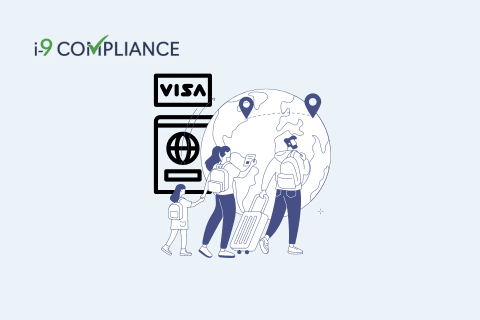Employers May File H-2B Visa Petitions for Latter Half of 2023 Fiscal Year

April 24, 2023
The United States Citizenship and Immigration Services (USCIS) announced it will accept petitions for H-2B employees for the late second half of the fiscal year 2023. The USCIS announced this temporary supplemental cap late in 2022. Starting April 13, the agency will accept petitions from American employers hiring foreign national workers for non-agricultural work.
These additional H-2B visas became available for employees planning to begin work between May 15, 2023, and September 30, 2023. In a statement from the USCIS on April 10, employers can expect an additional 10,000 visas for this period.
However, only returning workers will become eligible for these visas. As such, individuals who had an H-2B visa at any time from the 2020 through 2022 fiscal years will qualify. Notably, the agency also clarified that U.S. businesses must demonstrate the irreparable harm caused by not having these H-2B workers. The employer must attest to this on a new attestation form.
Issuing these visas is part of a temporary final rule issued jointly by the Department of Homeland Security and the Department of Labor. As a result, this final rule supplies 64,716 additional H-2B visas for the 2023 fiscal year.
Out of these visas, 44,716 will become available solely for returning workers who have previously held an H-2B visa during any fiscal year occurring since 2020. The remaining 20,000 H-2B visas will go to foreign national workers from Haiti, El Salvador, Honduras, and Guatemala. Furthermore, these visas do not have the returning worker requirement.
In addition to these visas, the USCIS will continue accepting applications for H-2B workers not limited under the congressionally mandated cap. Examples include workers currently residing in the U.S. and those seeking employment in the Commonwealth of Northern Mariana Islands or Guam. It also includes the fish roe process, technicians, and processing supervisors.
Employers hiring foreign national workers must remember to complete the employment eligibility verification (Form I-9) for these workers, just as they do for domestic employees. However, this often proves challenging due to the many documents they may submit. Employers must also complete Form I-9s within the complex timeframes and regulations regarding these workers.
Incorporating electronic I-9 management software into the onboarding process is the best way to ensure uniform compliance. This tool provides comprehensive guidance and features, including storage and reminders on when to take further action to maintain compliance.
Increase your hiring and verification efficiency today with I-9 Compliance automation.